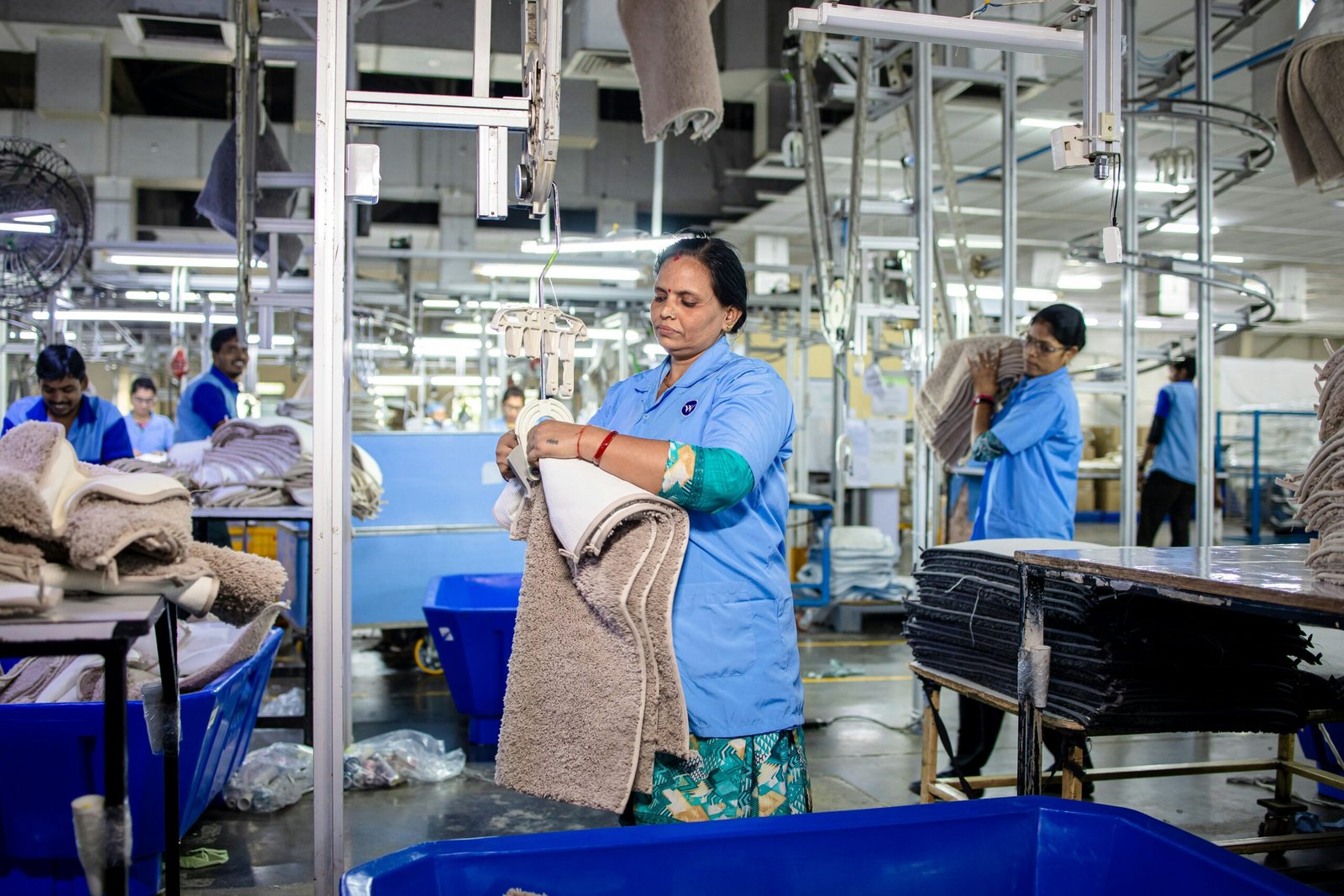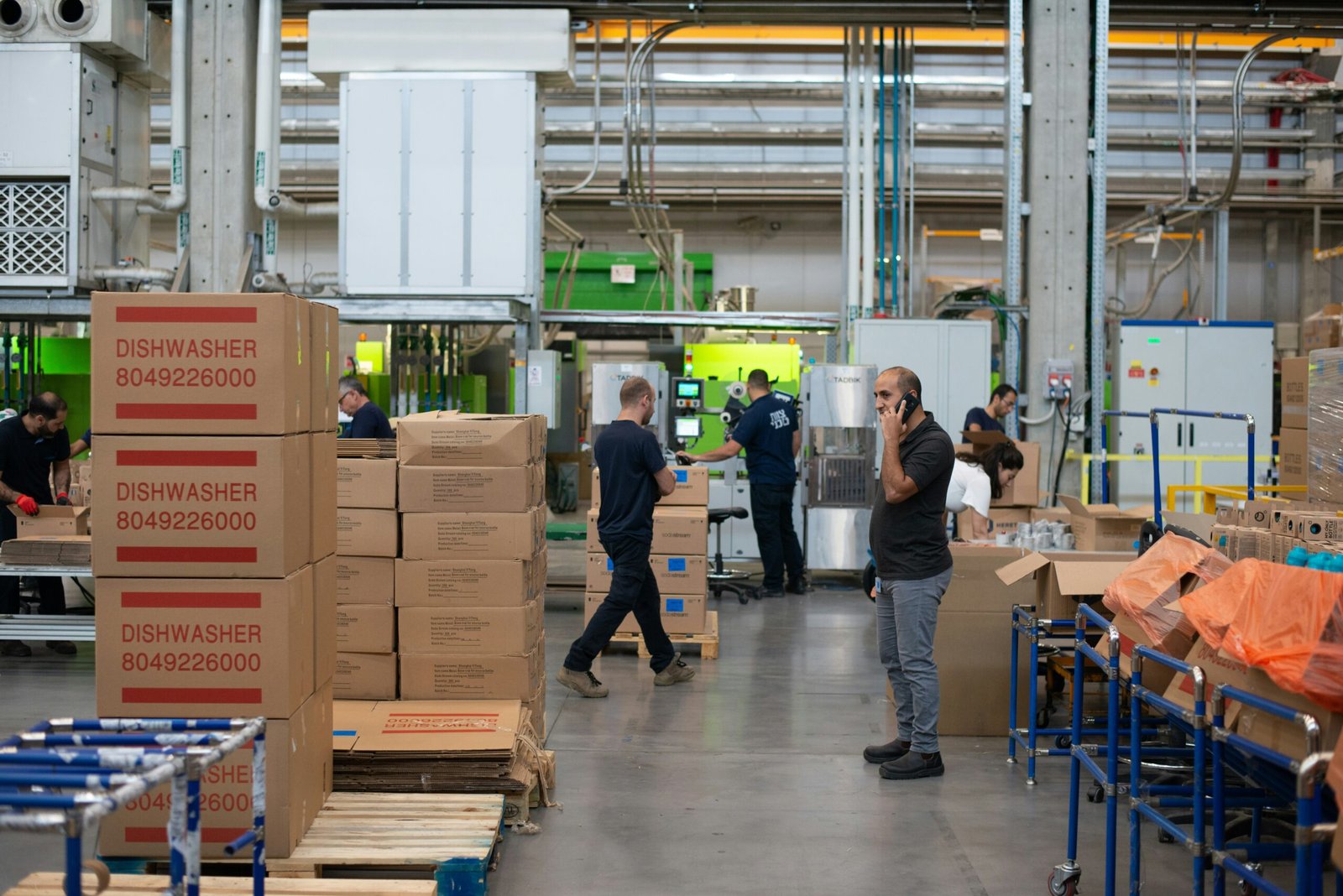Introduction
Online shopping has transformed the way people access products, making convenience a defining factor of the modern retail experience. Yet, as consumers become more informed about the environmental and social impact of their choices, there is a clear shift toward ethical sourcing. Shoppers no longer focus solely on quality or price—they are increasingly drawn to products that are responsibly made, sourced sustainably, and crafted with care for both people and the planet. In the United States, this growing awareness is shaping the future of e-commerce. Brands that prioritize transparency and sustainability are not only gaining customer loyalty but also leading the way toward a more responsible digital marketplace.
What Is Ethical Sourcing?
Ethical sourcing ensures that products are obtained in a way that considers environmental impact, labor conditions, and fair trade practices. It goes beyond the surface appeal of a product and examines the entire journey—from raw materials to manufacturing to delivery.
Key aspects of ethical sourcing include:

-
Fair Labor Practices – Workers are paid fair wages and provided safe working conditions.
-
Sustainable Materials – Use of resources that minimize harm to the environment.
-
Animal Welfare – Avoiding harm to animals in the production process.
-
Transparency – Clear supply chain information for informed consumer choices.
For e-commerce, integrating these values into sourcing practices is no longer an optional strategy—it is quickly becoming a core expectation.
Why Ethical Sourcing Is on the Rise
Several factors are driving the shift toward responsible production in online shopping:
1. Increasing Consumer Awareness
Modern consumers are highly informed, thanks to digital access to information. Documentaries, social media campaigns, and news reports have brought attention to issues like:
-
Exploitation in factories
-
Deforestation for raw materials
-
Waste and pollution from manufacturing processes
Shoppers now expect brands to demonstrate responsibility in how their products are made.
2. Growing Environmental Concerns
Climate change, ocean pollution, and resource depletion have intensified calls for sustainable production. Online shoppers are particularly attentive to:

-
Carbon footprints associated with shipping and packaging
-
Use of renewable or recyclable materials
-
Brands supporting environmental restoration projects
3. Shift Toward Value-Driven Shopping
People want products that align with their values. Ethical sourcing is not only about doing good—it also provides a sense of connection between the consumer and the story behind the product. This emotional value is becoming a strong motivator in purchasing decisions.
How Ethical Sourcing Is Transforming E-Commerce
E-commerce businesses are responding to consumer expectations by redefining their sourcing strategies. Here’s how:
1. Transparent Supply Chains
Leading online retailers are sharing detailed information about how and where their products are made. Some include:
-
QR codes linking to information about sourcing
-
Videos from production sites
-
Certifications like Fair Trade, GOTS (Global Organic Textile Standard), or Rainforest Alliance
Transparency builds trust, which is crucial for retaining a loyal customer base.
2. Partnering with Responsible Manufacturers
Brands are now prioritizing partnerships with factories and suppliers that adhere to ethical practices. This may involve:

-
Audits of manufacturing facilities
-
Long-term supplier relationships built on shared values
-
Investments in community development where production occurs
3. Adoption of Sustainable Packaging
Eco-friendly packaging has become a key part of ethical sourcing. Materials like biodegradable mailers, recyclable boxes, and minimalistic wrapping are now standard for many ethical online retailers.
Challenges in Ethical Sourcing
While the rise of ethical sourcing is promising, it comes with challenges that e-commerce businesses must address.
1. Higher Costs
Fair wages, sustainable materials, and certifications often increase production costs. Balancing ethical practices with competitive pricing is a delicate process.
2. Supply Chain Complexity
Ensuring every step of the supply chain meets ethical standards requires rigorous oversight. For global e-commerce brands, this can be challenging across multiple regions and suppliers.
3. Consumer Skepticism
Not all ethical claims are genuine. Some companies engage in greenwashing—marketing products as eco-friendly or ethically sourced without real evidence. Building credibility requires verifiable proof and consistent practices.
Benefits of Ethical Sourcing for Online Retailers
Despite challenges, businesses embracing ethical sourcing enjoy numerous advantages:
1. Stronger Brand Loyalty
Customers who resonate with a brand’s values are more likely to return, recommend, and engage long-term.

2. Competitive Edge
As awareness grows, brands that authentically practice ethical sourcing stand out in a crowded online marketplace.
3. Positive Social and Environmental Impact
Beyond profits, ethical sourcing contributes to fair labor practices, reduced environmental harm, and stronger communities—values that enhance a brand’s reputation.
Examples of Ethical Sourcing in Action
Several USA-based online retailers are leading the way:
-
Apparel Brands – Offering clothing made from organic cotton, hemp, and recycled fabrics, while ensuring fair labor practices.
-
Beauty and Skincare Companies – Using cruelty-free testing methods and sustainably harvested ingredients.
-
Home Décor Stores – Featuring handcrafted goods made by artisans from around the world under fair trade agreements.
These businesses are proof that ethical sourcing is both achievable and profitable when implemented thoughtfully.
How Consumers Can Support Ethical Sourcing
Ethical sourcing is a partnership between businesses and shoppers. Customers can encourage responsible practices by:

-
Looking for certifications like Fair Trade, B Corp, or USDA Organic.
-
Supporting brands that disclose detailed supply chain information.
-
Choosing products made from recycled, organic, or responsibly sourced materials.
-
Sharing and promoting ethical brands within their networks.
The Future of Ethical Sourcing in E-Commerce
The shift toward responsible production is not a passing trend—it is shaping the future of online shopping. Innovations like blockchain tracking, AI-powered supply chain management, and eco-design in product development will further enhance ethical standards.
In the coming years, ethical sourcing will likely evolve from being a brand differentiator to becoming a baseline requirement. Businesses that fail to adapt risk losing relevance in a value-driven marketplace.
Conclusion: Building a Responsible Marketplace
The rise of ethical sourcing marks a turning point for online shopping in the USA. It signals a deeper awareness that every product represents a chain of choices—about people, resources, and the planet.
By embracing transparency, sustainability, and social responsibility, e-commerce platforms can lead the way toward a future where shopping online is not only convenient but also conscientious. The more businesses commit to these values—and the more consumers support them—the closer we move toward a marketplace where ethics and commerce work hand in hand.